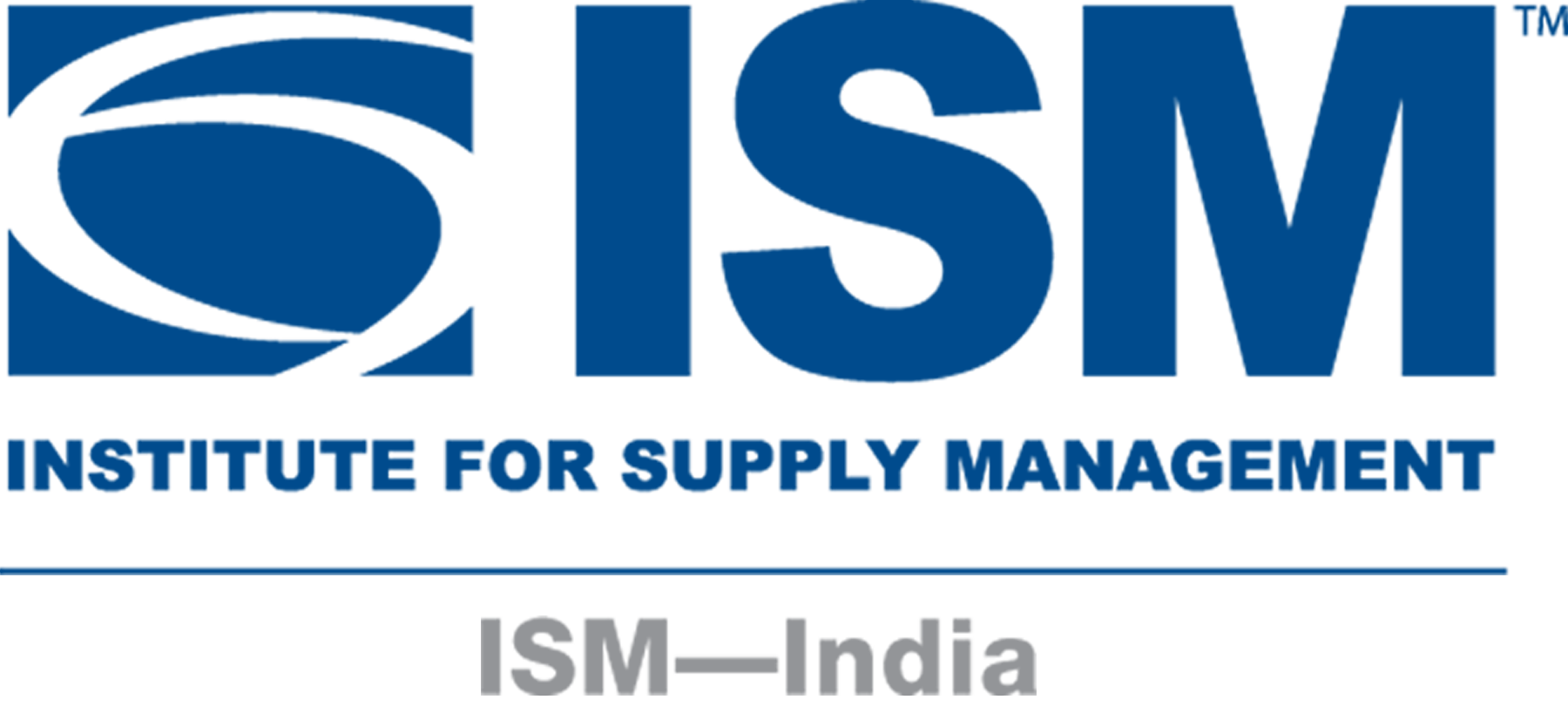
ANDIE OKON
PROGRAM MANAGER FOR AFRICA,
OPEN CONTRACTING PARTNERSHIP-NIGERIA
Premise
“The reality is that there is still a gender gap in the Procurement & Supply Chain.” Based on a recent survey, they are poorly represented in this function (12%). During this year on Women’s Day (8 March 2023), I wish to share my insights to bridge this gap. In the video, I have covered:
- Role of Women in Procurement
- Advocating their Role
- Spotlight your achievements in this Field
- What are the opportunities and challenges you face as a woman in this role
- Your mantra for women to procurement and supply chain as a career
Video script
Public procurement represents a huge opportunity to build a more inclusive economy, increase the participation of women-led businesses, and promote gender equality. Women are excelling in business and yet women-owned small and medium enterprises – or SMEs – contribute only 20% to the global gross domestic product. And only 12% participate in procurement and the supply chain.
At Open Contracting Partnership, we work with our partners who want to use public spending as a tool for economic empowerment and economic growth.
We want more women-led businesses and other underrepresented groups to participate in the public contracting marketplace.
A gender-inclusive open contracting approach throughout the stages of procurement can shift power dynamics in favour of gender equality and inclusive growth.
We need to go beyond introducing a preference or quota and dismantle the barriers that women-led businesses are facing when they try to participate and bid, from the ground up.
As part of a gender-responsive procurement strategy, governments must deliver a feminist and inclusive public procurement. This means – one – including the perspectives and needs of women, – two – reaching out and communicating with women-led businesses, and – three – collecting and monitoring data about the rates of participation of women-led businesses in public procurement.
By doing so, we can monitor progress and identify the gaps and barriers we need to remove barriers to empower and include women-led businesses. Some of the ways we can do that is by ensuring transparency, simplified procedures, access to credit, and prompt payment, among other needed reforms.
OCP supports partners in Colombia, Dominican Republic, Ekiti State in Nigeria, South Africa, and Ukraine. In Colombia, the procurement agency, Colombia Compra Eficiente, started publishing sex-disaggregated data about their contract awards using the Open Contracting Data Standard. Now, we are supporting them to implement guidelines for public procurement officials that incorporate gender-responsive procurement and support women-led businesses to apply for opportunities through better access to credit. Similarly, in Ekiti state in Nigeria, we have worked with the procurement agency to increase the number of women-owned and led businesses participating and winning public contracts.
A more inclusive procurement process can generate more localized and creative solutions for residents. It also keeps taxpayers’ money circulating in the community longer because women tend to re-invest the majority of their incomes, benefiting their communities.
Today, as we celebrate women globally, I encourage women’s businesses to push the boundaries. Take up space and compete for more opportunities in public procurement to shift power dynamics in favour of gender equality and inclusive growth. Happy International Women’s Day!
